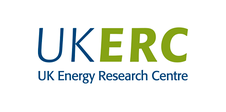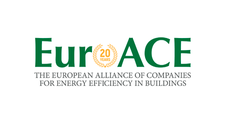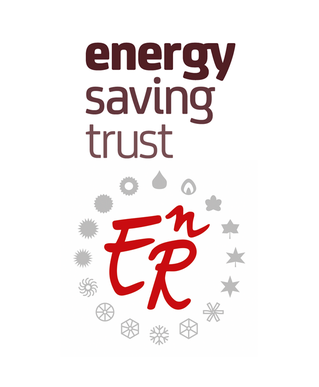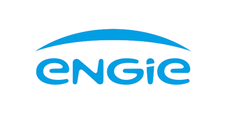Search eceee proceedings
Energy efficiency and flexibility – the dynamic duo of the energy transition
Panel: 2. What's next in energy policy?
Authors:
Katharina Wohlfarth, Fraunhofer Institute for Systems and Innovation Research, Germany
Ernst Worrell, Copernicus Institute of Sustainable Development, The Netherlands
Abstract
In the EU's energy policy, energy efficiency and the increased share of renewable energies are key elements to meet the requirements of sustainability and climate protection. However, improved energy efficiency aims to reduce energy demand while volatile renewable energies require flexibility of demand. Both concepts will play an important role in the energy transition, but in some cases, they may counteract - e.g. demand flexibility can increase energy demand. Solutions to promote both – energy efficiency and flexibility – would be most favorable.
To derive possible synergies between energy efficiency and flexibility, we compare aspects of the framework of both, like influencing factors on decision making including drivers, barriers and typical measures. Based on the existing policy instruments in Germany concerning energy efficiency, we categorize policy instruments and give policy recommendations on how to integrate or harmonize comparable policy instruments regarding energy flexibility. We assume that the successful instruments and policies for energy efficiency could also be applied for promoting energy flexibility. New flexibility policies built on established instruments deem to be more promising to be effective and might be less at risk to counteract efficiency policies.
Additionally, using existing instruments to integrate new aspects can save the effort to establish new tools and mechanisms. The results can help to strike a balance in policies affecting different aspects of the energy transition.
Downloads
Download this presentation as pdf: 2-313-19_Wolfarth_Presentation.pdf
Panels of
1. The dynamics of limiting (energy) consumption
2. What's next in energy policy?
4. Monitoring and evaluation for greater impact
5. Smart and sustainable communities
7. Make buildings policies great again
8. Buildings: technologies and systems beyond energy efficiency
9. Improving energy efficiency in ICT, appliances and products

























